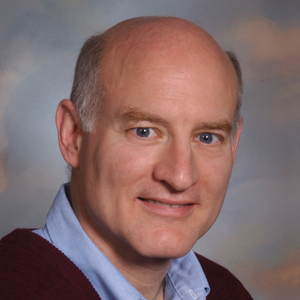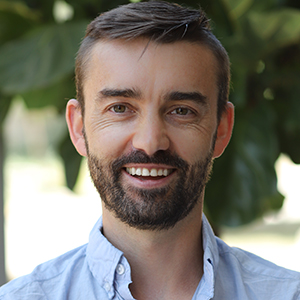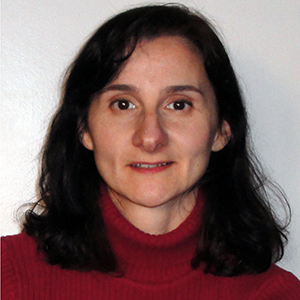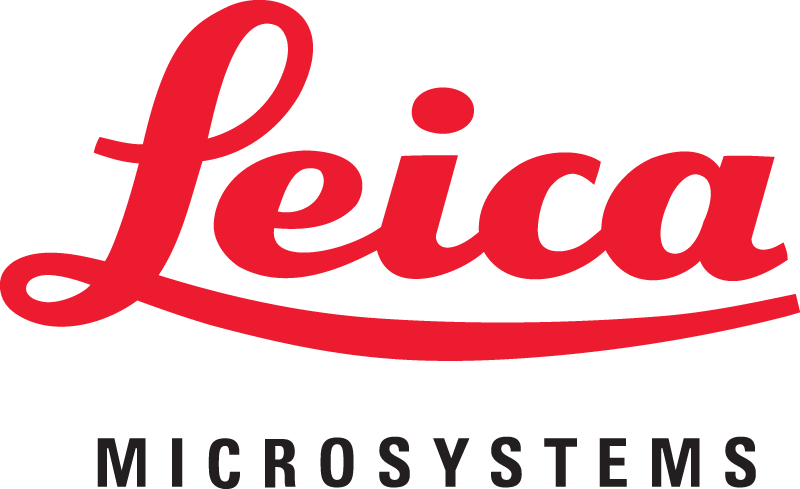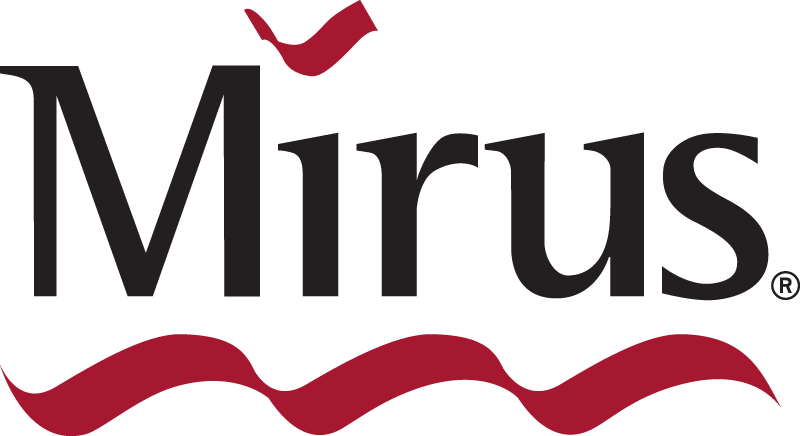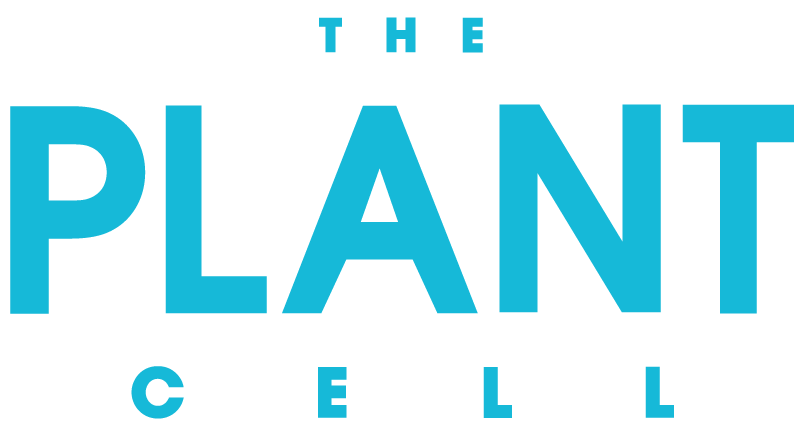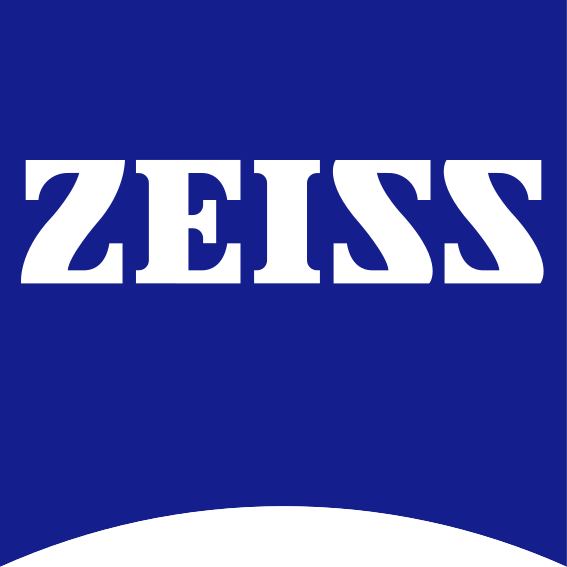May 17–20, 2022 | Madison, Wis.
ESCRT biology
ESCRT biology
May 17–20, 2022 | University of Wisconsin–Madison
This meeting will provide a unique, open, inclusive and interactive forum for the international and domestic research community working on ESCRT biology and be an effective learning environment for all participants, especially graduate students, postdocs and other researchers from diverse backgrounds.
The endosomal sorting complex required for transport (ESCRT) machinery comprises a series of different factors (about 30 proteins in humans; about 45 in plants) that facilitate membrane remodeling and fission reactions throughout the cell.
Over the past decade, there has been an explosion in the number of processes now known to be ESCRT-mediated, including endosomal protein trafficking, cytokinetic abscission, closure of the post-mitotic nuclear envelope, enveloped virus budding, exosome biogenesis, neuronal pruning and membrane repair. Furthermore, ESCRT-like systems have recently been discovered in archaea and bacteria, making this one of the most highly conserved machines in nature.
This meeting will bring together experts in disciplines as diverse as biophysics, plant biology, cell biology, biochemistry and structural biology from around the world to cover key aspects of ESCRT biology.
Graduate students, postdocs and other researchers established in or wishing to learn about ESCRT biology are encouraged to attend and submit abstracts. The organizers will select oral presenters and there will be a poster session.
Organizers
Image
Left: ESCRT (Vps4) mutants block multivesicular body sorting in yeast. Upper: GFP-CPS cargo mis-sorted to the limiting membrane of vacuoles in vps4 mutant cells. Lower: GFP-CPS cargo sorted to the vacuolar lumen of wild type cells. Image credit: Scott Emr.
Middle: Verdant plant life growing from an interwoven VIPP1 ring structure. VIPP1 (vesicle-inducing protein in plastids) is a conserved membrane-remodeling protein that builds the thylakoid membranes of cyanobacteria, algae and plants. VIPP1, along with its bacterial homolog PspA, are recently described members of the ESCRT-III superfamily of membrane remodelers, extending the conservation of ESCRT-III across all major domains of life. Image credit: Ben Engel and Verena Resch (https://luminous-lab.com).
Right: Representative brain scans in frontotemporal dementia linked to chromosome 3 (FTD-3) patients. Mutations in the ESCRT-III protein CHMP2B are a rare cause of autosomal dominant FTD. Left: MRI structural scan. Right: Cerebral blood flow as measured by PET scanning. Image Credit: Isaacs et al. Curr Alzheimers Res. PMCID: PMC3182073.
Program schedule
Tuesday agenda
Badge pickup
Session I — ESCRT-mediated membrane remodeling (Part I)
Introduction to the ESCRT meeting
Invited Talks
(25 min. talk + 5 min. Q&A)
The role of VIPP1, the photosynthetic ESCRT-III, in thylakoid biogenesis and maintenance
Coffee/poster viewing break
Selected talks
(15 min. talk + 5 min. Q&A)
Wednesday agenda
Breakfast
Badge pickup
Session II — ESCRT-mediated membrane remodeling (Part II)
Invited talks
(25 min. talk + 5 min. Q&A)
Modelling ESCRT-III filaments in reshaping cells across evolution
Coffee/poster viewing break
Selected talks
(15 min. talk + 5 min. Q&A)
Lunch
Lake Mendota
Session III — ESCRTs in cell division
Invited talks
(25 min. talk + 5 min. Q&A)
Coffee/poster viewing break
Selected talks
(15 min. talk + 5 min. Q&A)
Thursday agenda
Breakfast
Session IV — Cell biology of the ESCRT machinery
Invited talks
(25 min. talk + 5 min. Q&A)
Coffee/poster viewing break
Selected talks
(15 min. talk + 5 min. Q&A)
Lunch
Poster session
Session V — ESCRTs at the nuclear membrane
Invited talks
(25 min. talk + 5 min. Q&A)
Coffee/poster viewing break
Selected talks
(15 min. talk + 5 min. Q&A)
Banquet
Lifetime achievement award presentation to Scott Emr.
Friday agenda
Breakfast
Session VI — ESCRT machinery in other systems
Invited talks
(25 min. talk + 5 min. Q&A)
Coffee/poster viewing break
Selected talks
(15 min. talk + 5 min. Q&A)

